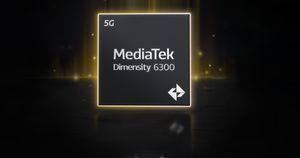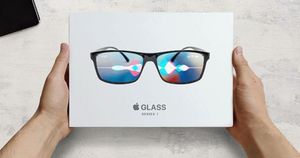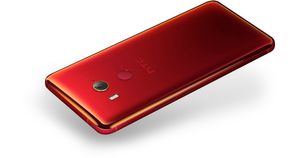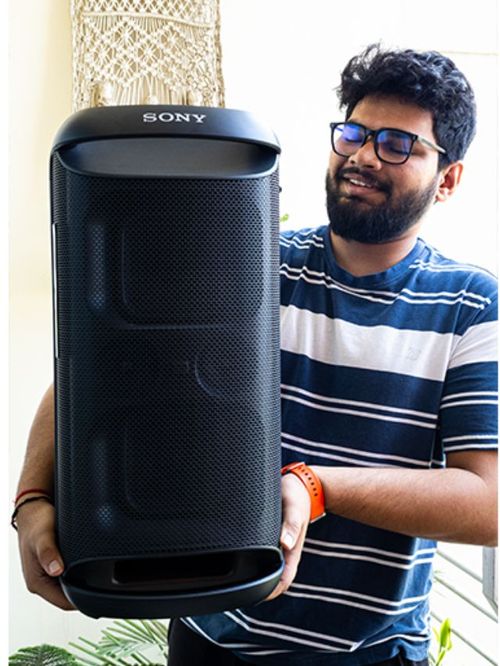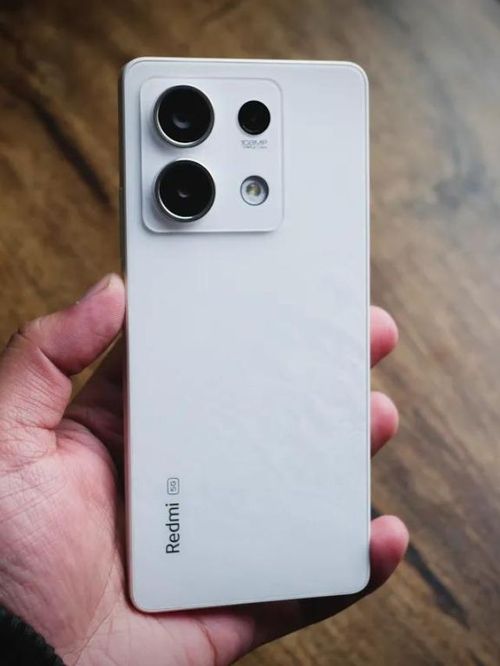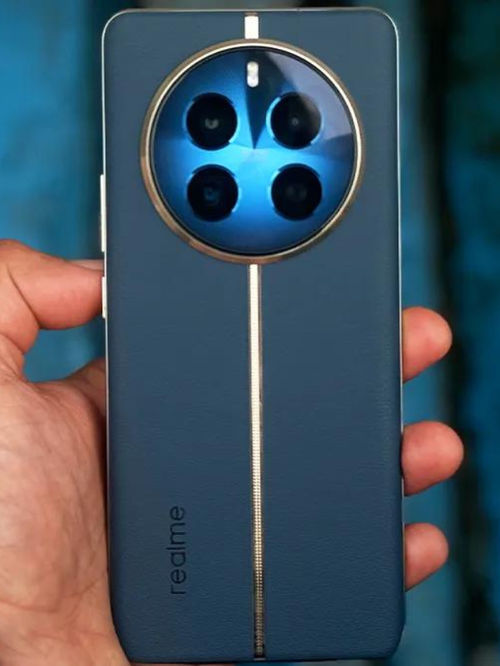
MediaTek and Meta have partnered to develop AR glasses. The exclusive partnership was announced by MediaTek VP Vincent Hu at the MediaTek Summit 2023, which is being held in California, USA.
The Taiwanese chipmaker later took to social media platform X to add that the collaboration will ensure interactive computing in a sleek form factor on Meta’s upcoming AR glasses. “Meta chose MediaTek’s silicon for our expertise in optimizing power and performance,” the post read.
MediaTek To Power Meta’s Upcoming AR Glasses
Going by previous reports, Meta has been struggling to develop lightweight and high-performance AR glasses. Earlier this year, The Information reported that Meta has had little success with specialised chips for its AR glasses which the company has been developing since 2018.
MediaTek and @Meta are collaborating to accelerate the future of AR! MediaTek will be powering Meta’s upcoming AR glasses to offer interactive computing experiences in a sleek form factor. Meta chose MediaTek’s silicon for our expertise in optimizing power and performance. pic.twitter.com/FJIhvV4hQO
— MediaTek (@MediaTek) November 16, 2023
Meta’s partnership with MediaTek comes as a surprise as the social media company has relied on Qualcomm for its smart glasses and mixed reality headset in the past. Meta’s mixed reality headset Quest 3 packs the Qualcomm Snapdragon XR2 Gen 2 processor, while its second-generation smart glasses, which is the Ray-Ban Meta Smart Glasses are powered by the Snapdragon AR1 Gen 1 processor.
Meta’s AR Glasses Could Launch In 2027
Even though Qualcomm has its Snapdragon XR1 lineup dedicated to the extended reality (XR) platform, it is important to note that these AR chips are not exclusive to Meta. However, this is not the case with its latest partnership with MediaTek, which is said to design custom chips exclusively for Meta’s upcoming AR glasses, according to Android Central.
AR or Augmented Reality essentially combines real-world and computer-generated content in real-time. Meta sees its AR glasses as a replacement for smartphones eventually, thus the emphasis on making them lightweight.
In a roadmap of Meta’s AR and VR, which was accessed by The Verge, Meta’s CEO Mark Zuckerberg predicted that the company’s full-fledged AR Glasses could be made available to consumers in 2027.
Successor To Ray-Ban Meta Smart Glasses Could Arrive In 2025
The Verge reports that Meta’s vice president for AR Alex Himmel said at the roadmap presentation that the third generation of the company’s smart glasses will be launched in 2025.
The smart glasses will feature a display, allowing users to view incoming text messages. More features predicted are the ability to scan QR codes, translate text in real time, and more. “Eventually, he said the band will let the wearer use a virtual keyboard and type at the same words per minute as what mobile phones allow,” as per The Verge report.
Ray-Ban Meta Smart Glasses Price And Features
As for Meta’s second-generation smart glasses, it was launched at the company’s annual Meta Connect event in September. The Ray-Ban Meta Smart Glasses are priced starting at USD 299 (approximately Rs 24,800) and are available in Wayfarer and Headliner designs.
The successor to the Ray-Ban Stories from 2021, the Meta Smart Glasses improve on features like sound, design, audio output, and more. The glasses come equipped with a five-microphone array, and a 12MP ultra-wide camera to shoot videos.
The Ray-Ban Meta Smart Glasses are powered by Qualcomm’s Snapdragon AR1 Gen 1 and there’s support for Meta AI virtual assistant. Users can use the glasses to live stream to Facebook and Instagram. There’s 32GB storage onboard and the glasses are IPX4 rated, which makes them water resistant.



